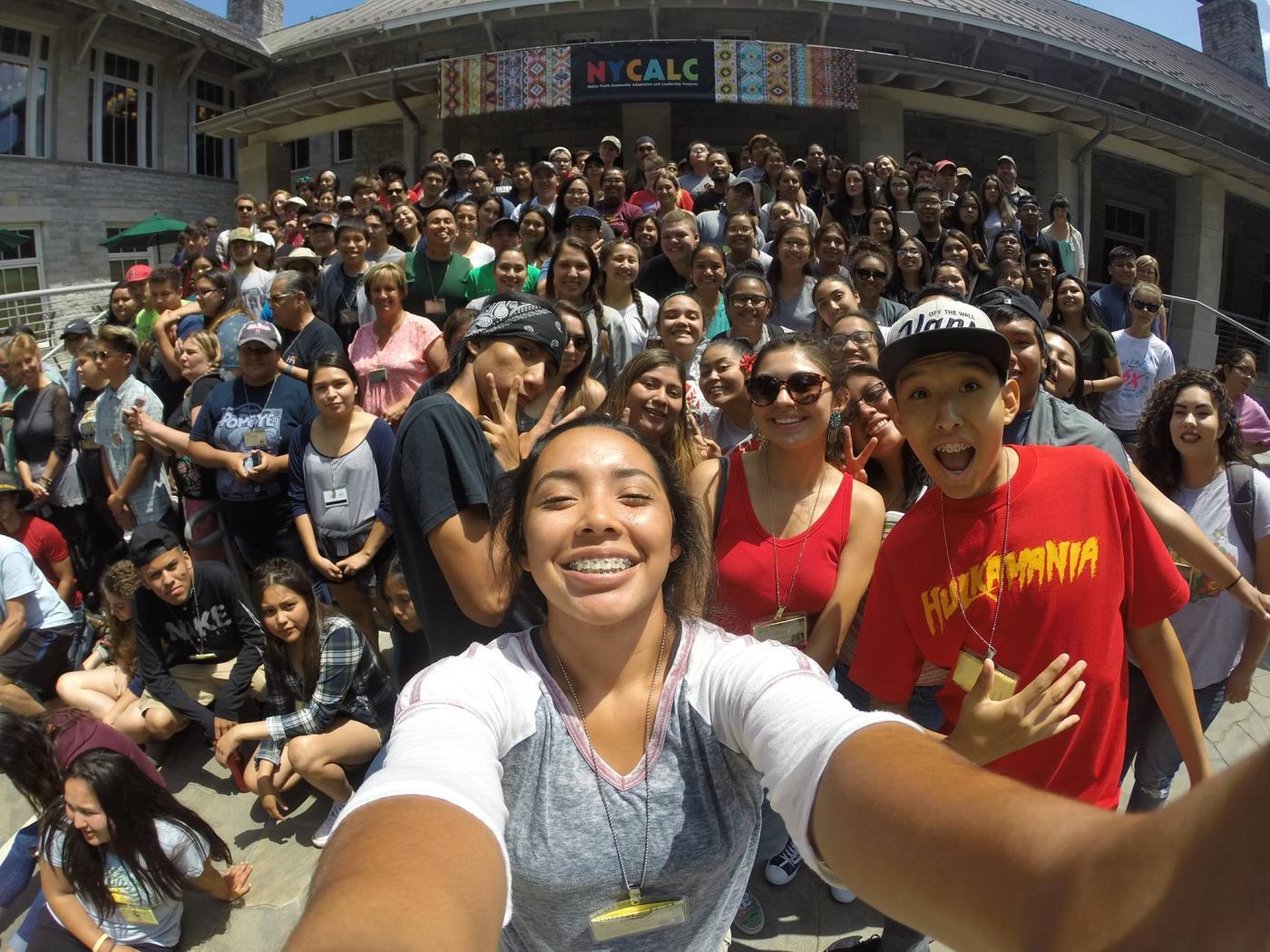The Bureau of Indian Affairs (BIA) Branch of Tribal Community Resilience (TCR) was established in 2011 to enable Tribal and BIA Trust Services resource managers to incorporate environmental considerations into program planning and decision-making.
BIA resource managers can use TCR resources to identify community resilient strategies, improve program outcomes, and ensure community resilience throughout their work.
Tribal Nations and Alaska Native villages can use TCR programs and resources to support their existing operations, program planning, project design, and integration of Indigenous and Traditional Knowledges into their management and protection of trust resources and Tribal economies.
Several TCR programs are supported through partnerships with other government agencies, nonprofit organizations, and Tribal Nations. Some of these partnerships are highlighted below:
Tribal Climate Resilience Liaisons
The Tribal Climate Resilience Liaison Network assembles a team of Liaisons located throughout the United States who support Tribal Nations and Alaska Native villages in their region to advance adaptation planning and implementation in the face of extreme weather events and environmental threats.
This network is supported by partnerships between the Bureau of Indian Affairs’ Branch of Tribal Community Resilience (TCR); the U.S. Geological Survey’s (USGS) Climate Adaptation Science Centers (CASCs); and several Tribes, Tribal Organizations, and universities.
Liaisons are generally employed by Tribal organizations, funded by TCR, and work with the CASCs to support all federally-recognized Tribes. Each Liaison works directly with a regional CASC to connect federally-recognized Tribes to resources for community adaptation efforts.
The following Tribal organizations employ TCR-funded liaisons partnering with regional CASCs:
- American Indian Higher Education Consortium employs liaisons with the Southwest CASC.
- United South & Eastern Tribes employs liaisons with the Northeast and Southeast CASCs.
- Affiliated Tribes of Northwest Indians employs liaisons with the Northwest CASC.
- Native American Fish and Wildlife Society employs liaisons with the Alaska CASC.
- College of the Menominee Sustainable Development Institute employs liaisons with the Midwest CASC.
- Great Plains Tribal Water Alliance employs liaisons with the North Central CASC.
- Chickasaw Nation funds and employs a liaison with the South Central CASC.
- University of Oklahoma employs liaisons with the South Central CASC.
- University of Alaska Fairbanks funds and employs a liaison with the Alaska CASC.

Native Youth Community Adaptation Leadership Congress

TCR partners with the U.S. Fish and Wildlife Service to support the Native Youth Community Adaptation Leadership Congress, an annual, week-long event for Native high school and college students to develop skills, knowledge, and tools to address environmental change and conservation challenges to better serve their schools and home communities.
Institute for Tribal Environmental Professionals Tribes and Climate Change Programs
TCR has a cooperative partnership with the Institute for Tribal Environmental Professionals (ITEP) Tribes and Climate Change Program on several community resilience projects:
ITEP hosts the National Tribal and Indigenous Climate Conference (NTICC) every two years. At NTICC, participants discuss environmental impacts, assessments, tools, adaptation, mitigation, actions, and the intersection of western science and adaptation strategies with Traditional/Indigenous Knowledges.
ITEP coordinated the 2021 Status of Tribes and Climate Change report with TCR. With over 90 contributing co-authors, the report seeks to honor and uplift the voices of Indigenous peoples and increase understanding of Tribal lifeways, cultures, and worldviews by documenting the impacts of extreme weather events Tribes are experiencing and the solutions they are implementing. A second volume will be released later in 2024 and will be presented at NTICC.
Relocation, Managed Retreat and Protect in Place Coordinator awards funded by TCR’s Annual Awards Program are designed to support Tribes that have limited technical staffing capacity to hire a full-time coordinator. Tribes awarded this funding for a coordinator are also provided first year training by ITEP’s Tribes and Climate Change Program in partnership with TCR, Tribal liaisons, and other partners. Through the training, coordinators have the opportunity to prioritize strategic planning, vulnerability assessments, and data gathering, as well as travel to trainings and coordination meetings with regional resilience efforts, as needed.
The RMP Coordinator Cohort training is a series that provides space for peer-to-peer learning and knowledge exchange between Tribal RMP Coordinators to take place about RMP decision making and processes. Learn more and visit these resources at the RMP Cohort web site.
ITEP also hosts regional and national climate adaptation trainings and provides an Adaptation Planning Toolkit to support Tribal Nations’ resilience efforts.
Contact Us
1001 Indian School Rd NW
Albuquerque, NM 87104


